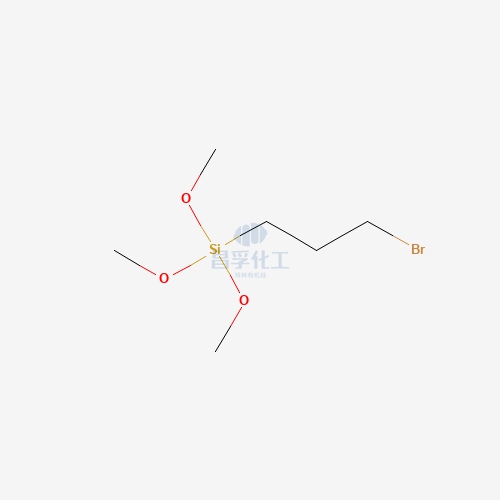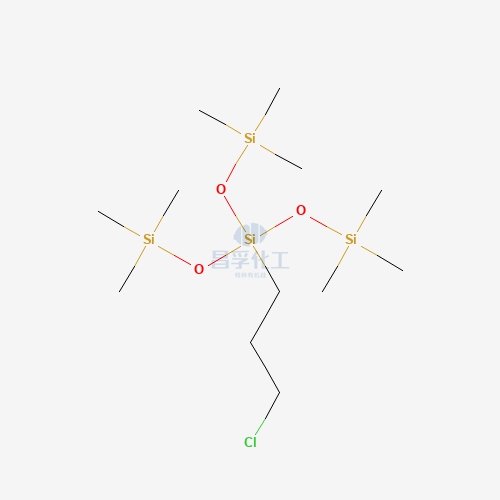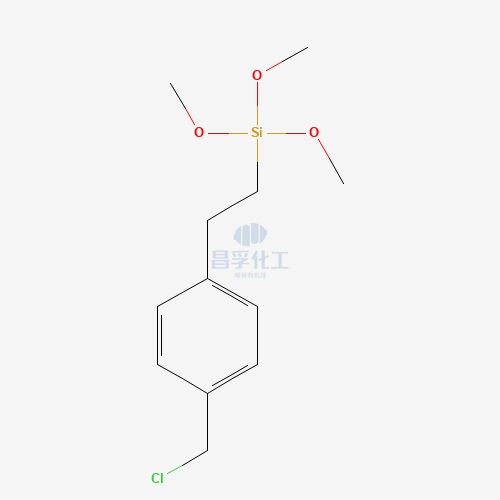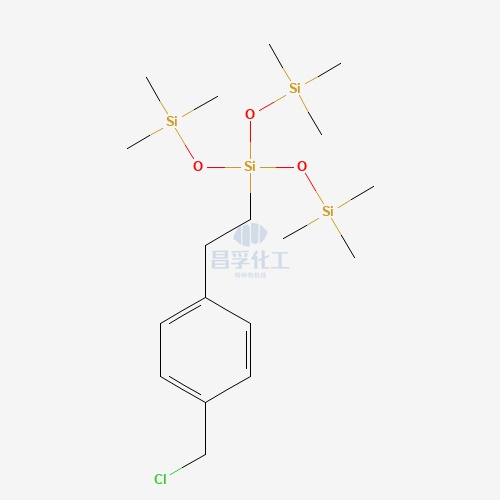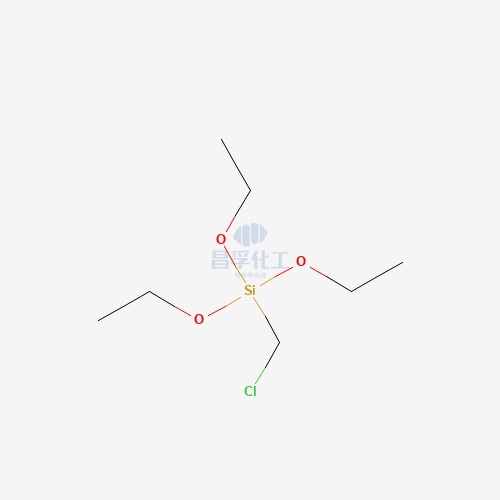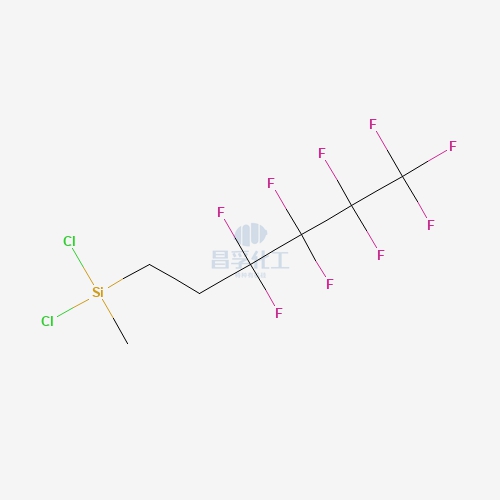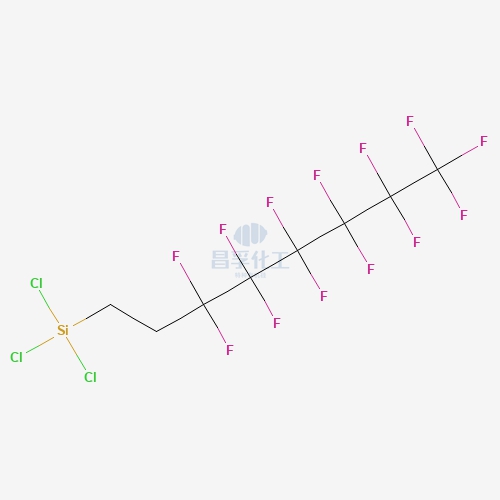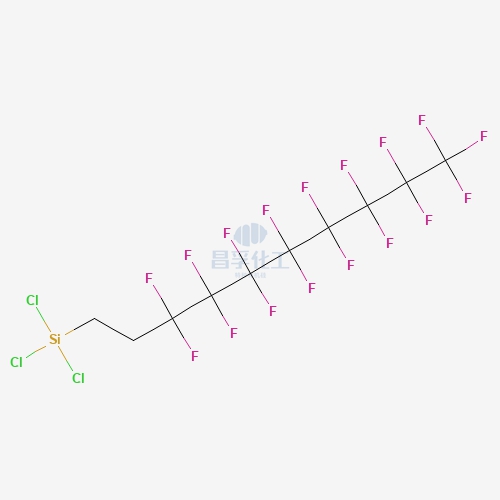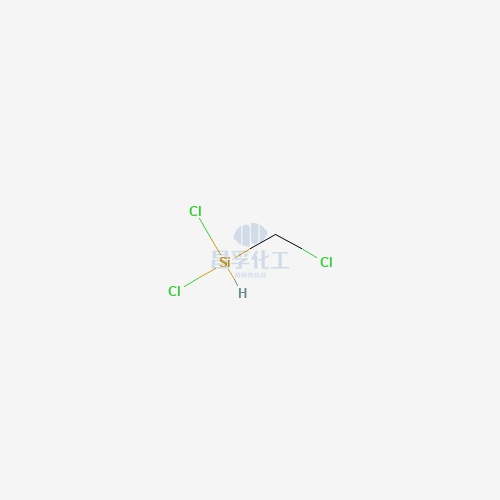
Contact Changfu Chemical Now!
+86 27 8439 6550 | +86 181 6277 0058

Halogen Silanes
ChangFu Chemical's halogen silanes comprise fluoro silanes, chloro silanes, and bromo silanes, each with distinct chemical properties and applications. These halogen silanes consistently demonstrate distinct benefits in terms of chemical stability, reactivity, and functional group conversion ability, providing a plethora of alternatives for applications in a variety of sectors.

Halogen Silanes
ChangFu Chemical's halogen silanes comprise fluoro silanes, chloro silanes, and bromo silanes, each with distinct chemical properties and applications. These halogen silanes consistently demonstrate distinct benefits in terms of chemical stability, reactivity, and functional group conversion ability, providing a plethora of alternatives for applications in a variety of sectors.
Halogen Silanes For Sale
Halogen Silanes For Sale
ChangFu Chemical offers a wide range of halogen silane compounds, including fluoroalkyl silanes, chloroalkyl silanes, and bromo hydrocarbon silanes. Fluoroalkyl silanes are commonly employed in oil- and solvent-resistant silicone rubber due to their distinct hydrophobic and oleophobic characteristics. Chloroalkyl and bromoalkyl silanes have high reactivity and serve as raw materials for the production of additional silanes and silicone oils.
ChangFu Chemical offers a wide range of halogen silane compounds, including fluoroalkyl silanes, chloroalkyl silanes, and bromo hydrocarbon silanes. Fluoroalkyl silanes are commonly employed in oil- and solvent-resistant silicone rubber due to their distinct hydrophobic and oleophobic characteristics. Chloroalkyl and bromoalkyl silanes have high reactivity and serve as raw materials for the production of additional silanes and silicone oils.
Properties of Halogen Silanes
Properties of Halogen Silanes
1. Fluoroalkyl silanes
2. Chloroalkyl silanes
3. Bromoalkyl silanes
Uses of Halogen Silanes
Uses of Halogen Silanes

Fluoroalkylsilanes can be used:
in the preparation of oil and solvent resistant silicone rubber.
to produce efficient defoamers and fabric waterproofing, oil resistance, and anti-fouling finishing agents.
as silane coupling agents and surface modifiers.
Chlorosilanes and bromosilanes can be used:
as important intermediates for producing other silanes.
in the preparation of reactive silicone oil and lubricant.
as crosslinking agents and tackifiers of room temperature vulcanized rubber.
in the preparation of quaternary ammonium salts for use as antifungal and odor resistant finishing agents.

Fluoroalkylsilanes can be used:
in the preparation of oil and solvent resistant silicone rubber.
to produce efficient defoamers and fabric waterproofing, oil resistance, and anti-fouling finishing agents.
as silane coupling agents and surface modifiers.
Chlorosilanes and bromosilanes can be used:
as important intermediates for producing other silanes.
in the preparation of reactive silicone oil and lubricant.
as crosslinking agents and tackifiers of room temperature vulcanized rubber.
in the preparation of quaternary ammonium salts for use as antifungal and odor resistant finishing agents.
News & Blog in Changfu Chemical
News & Blog in Changfu Chemical
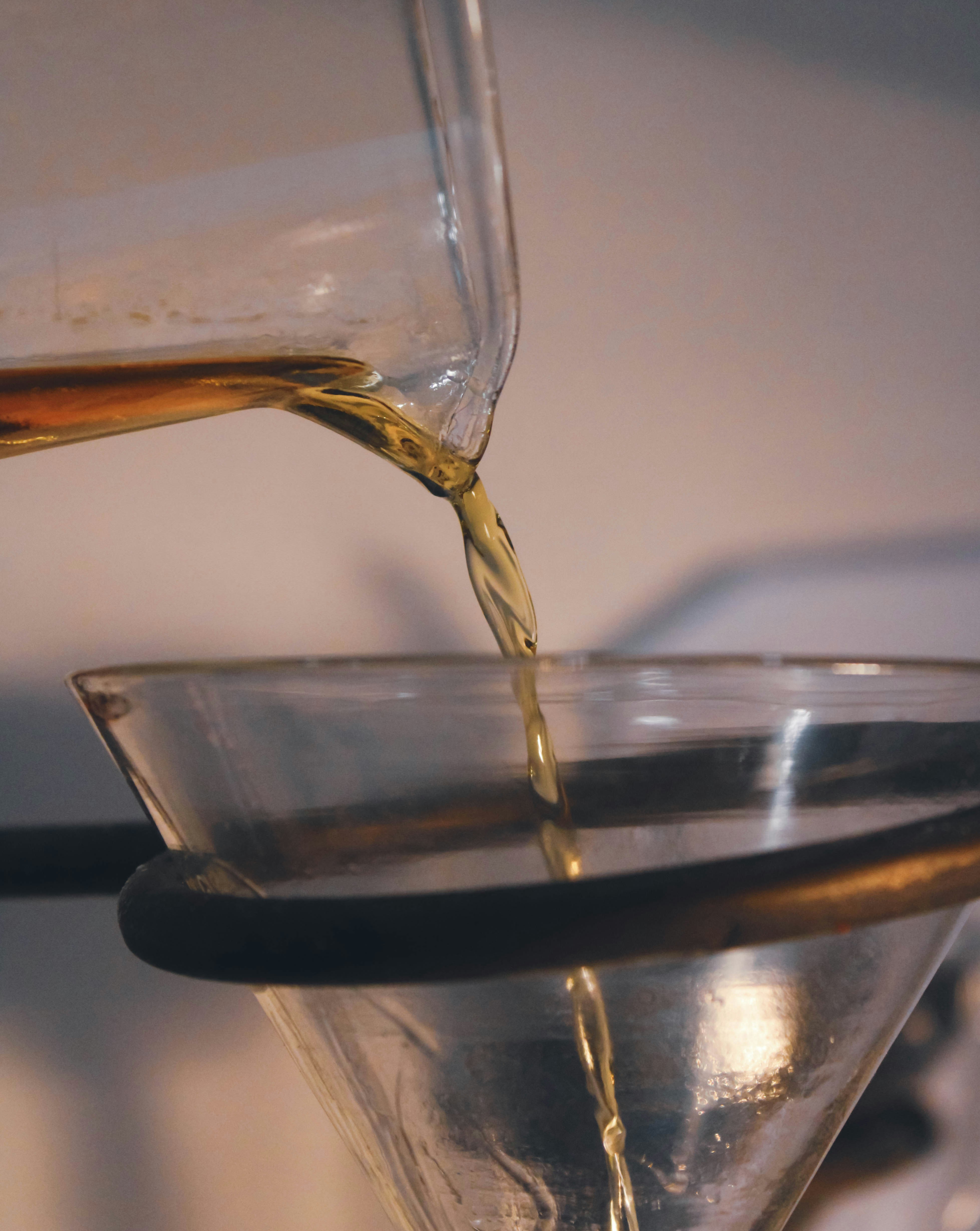
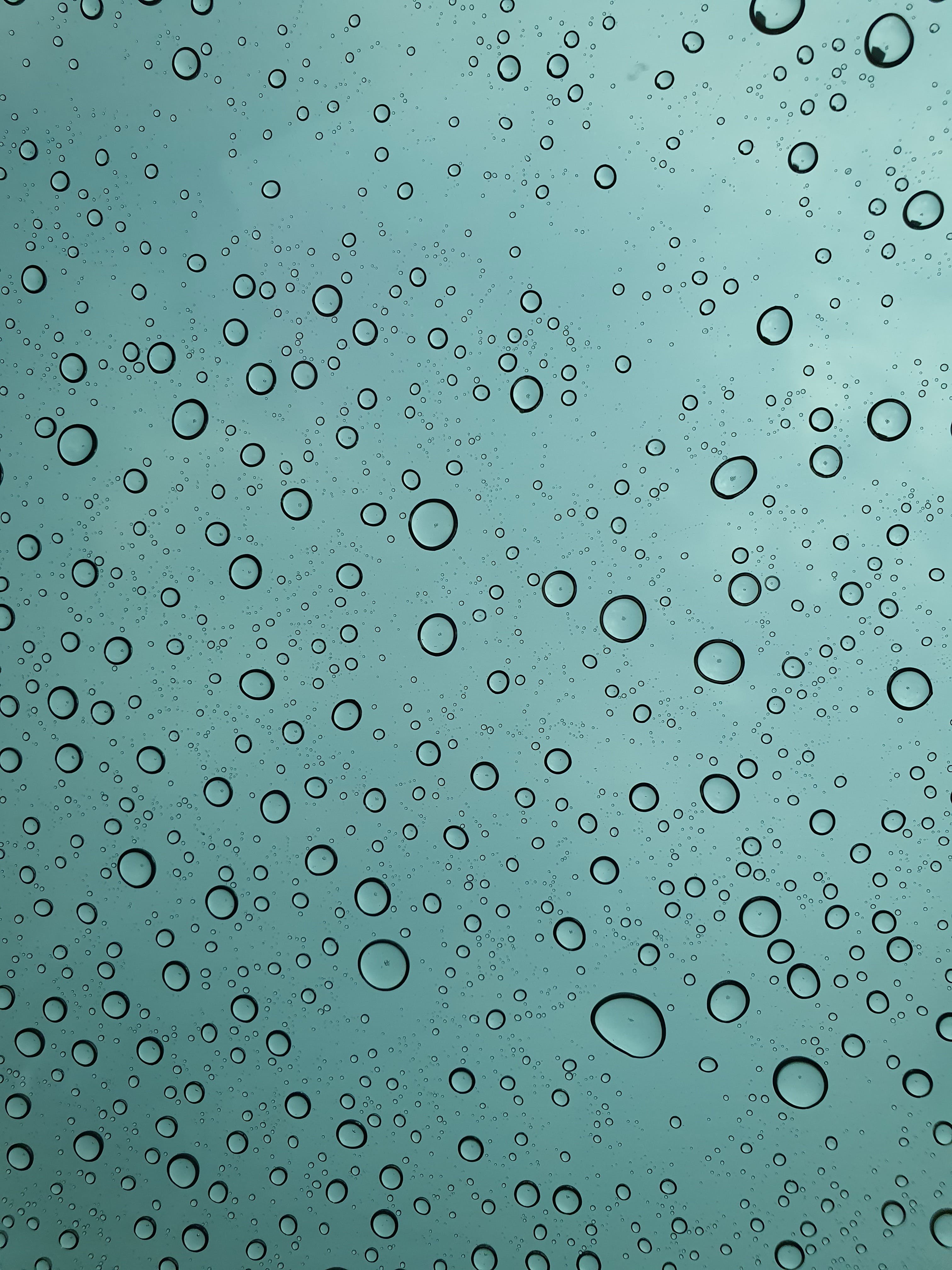
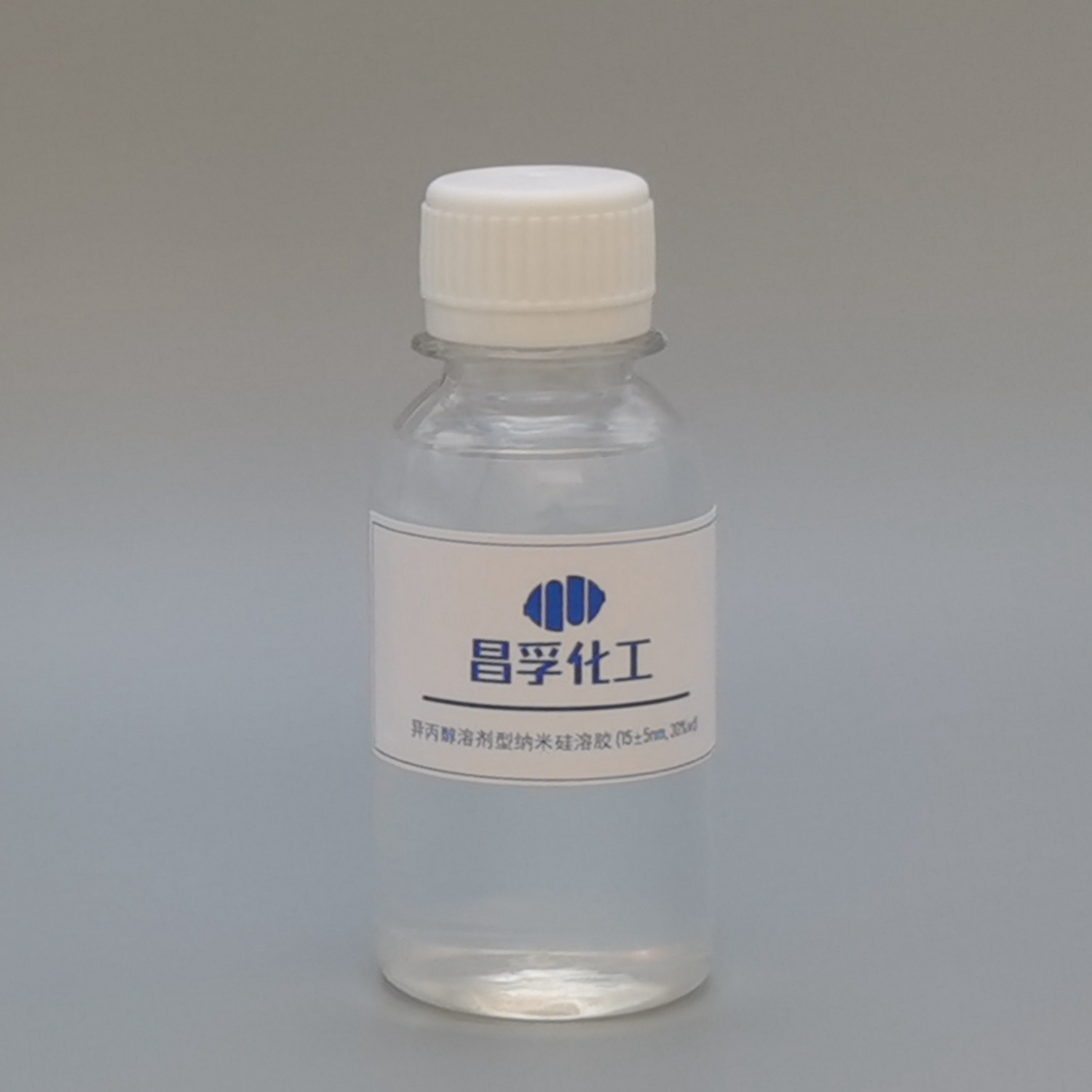
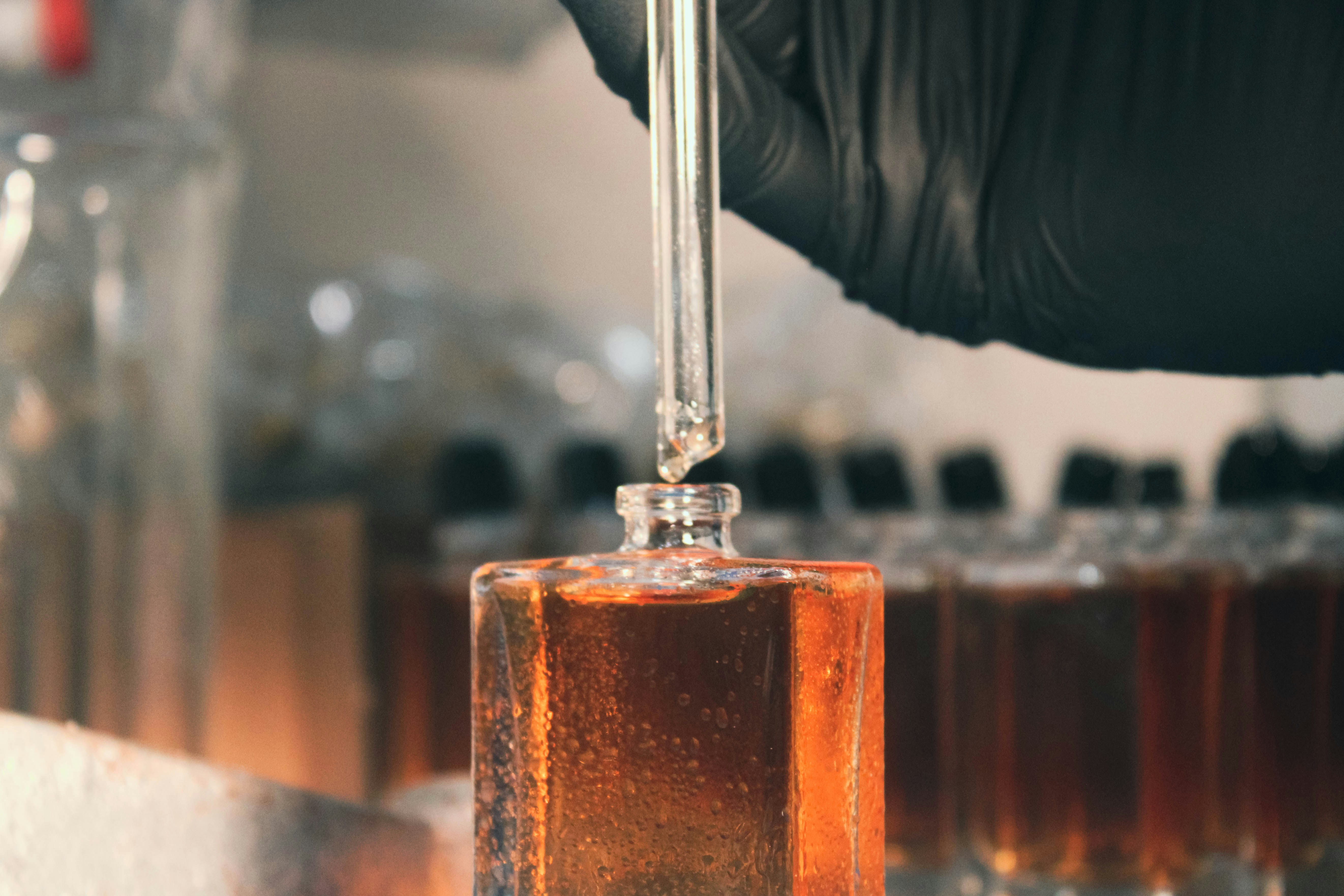
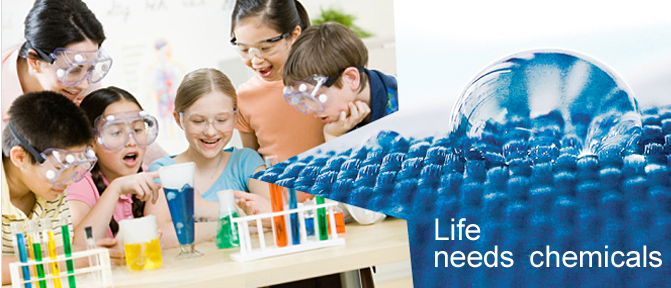
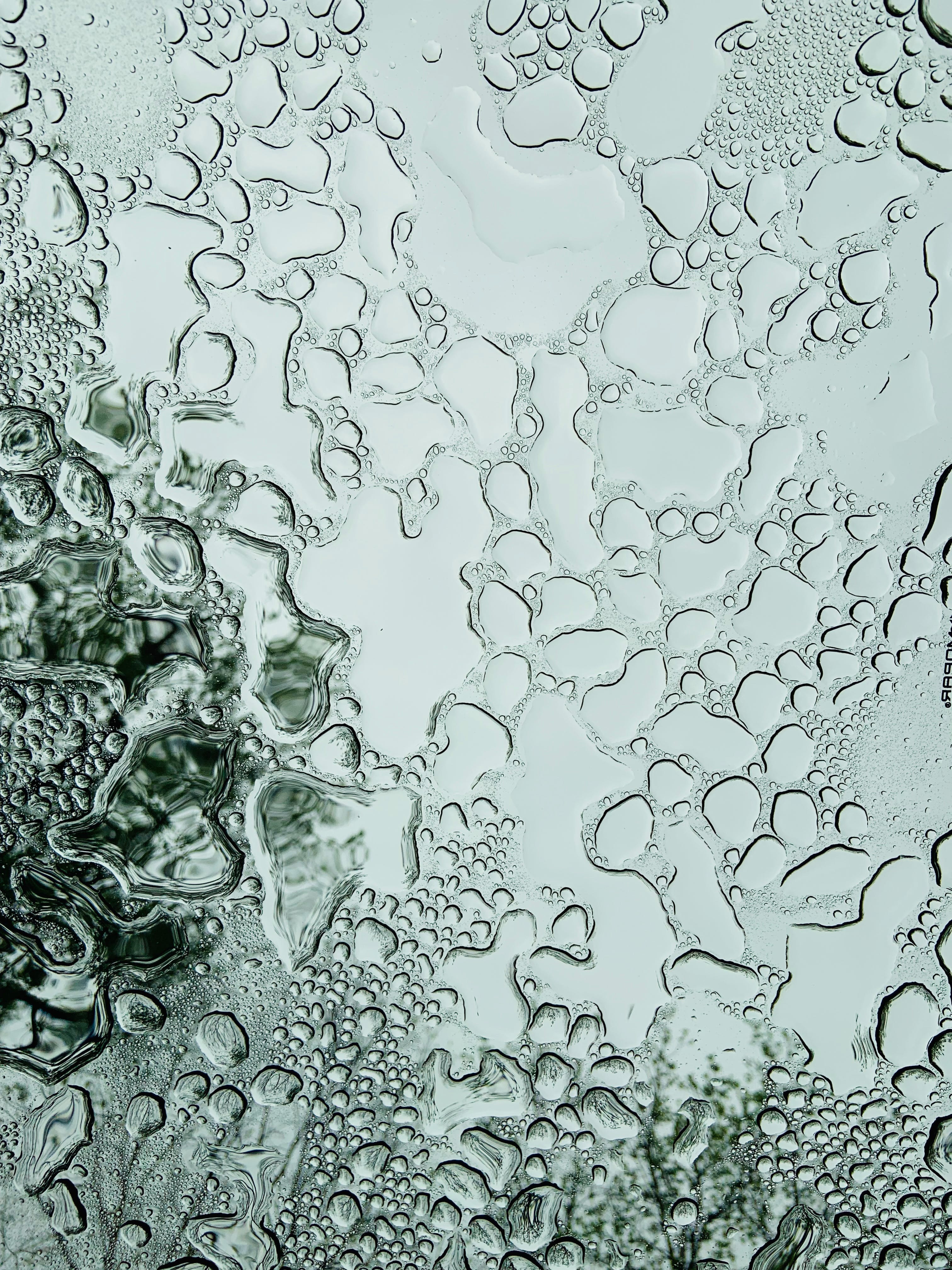

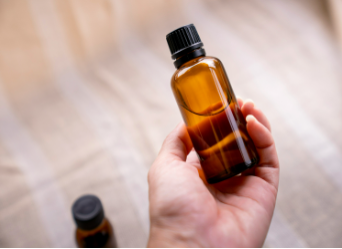





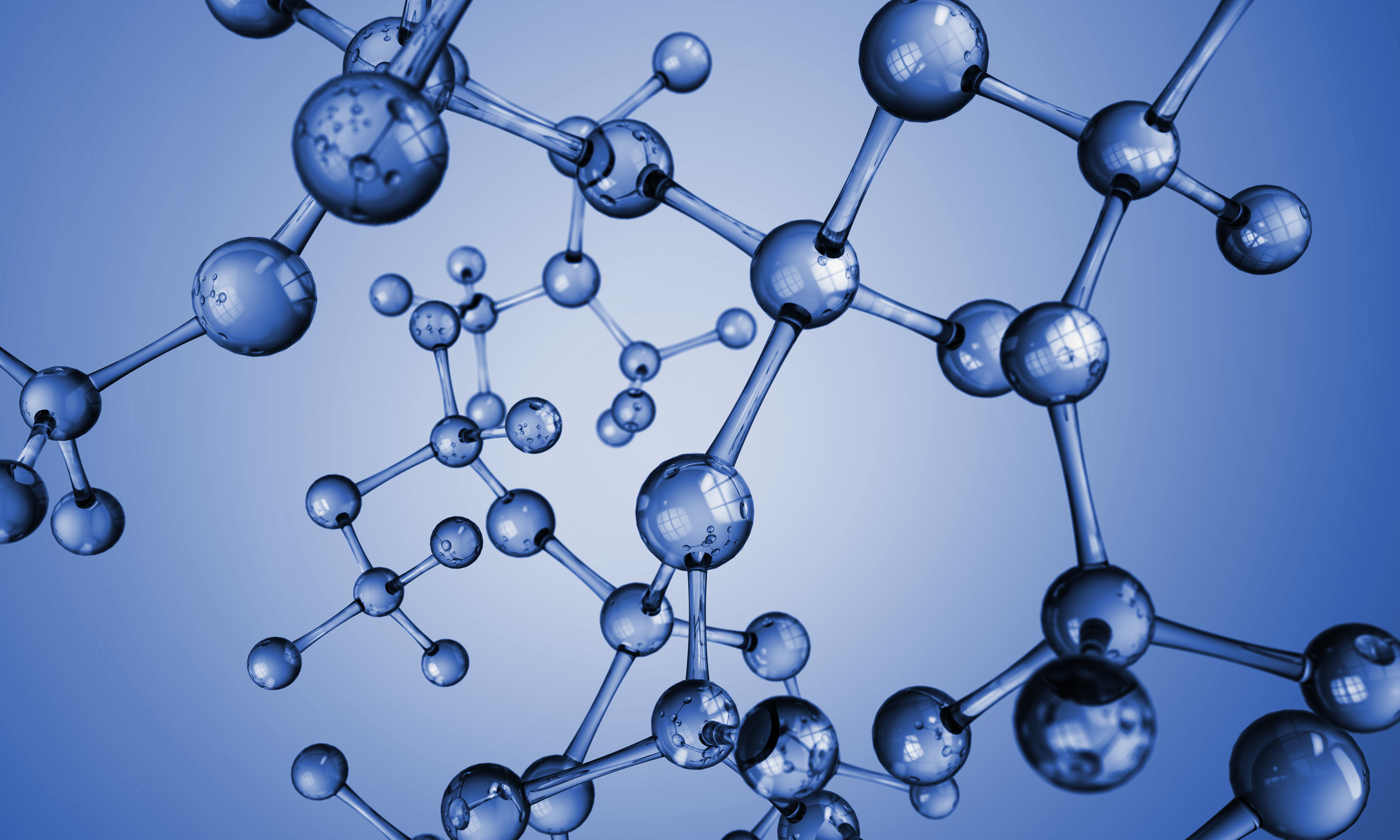



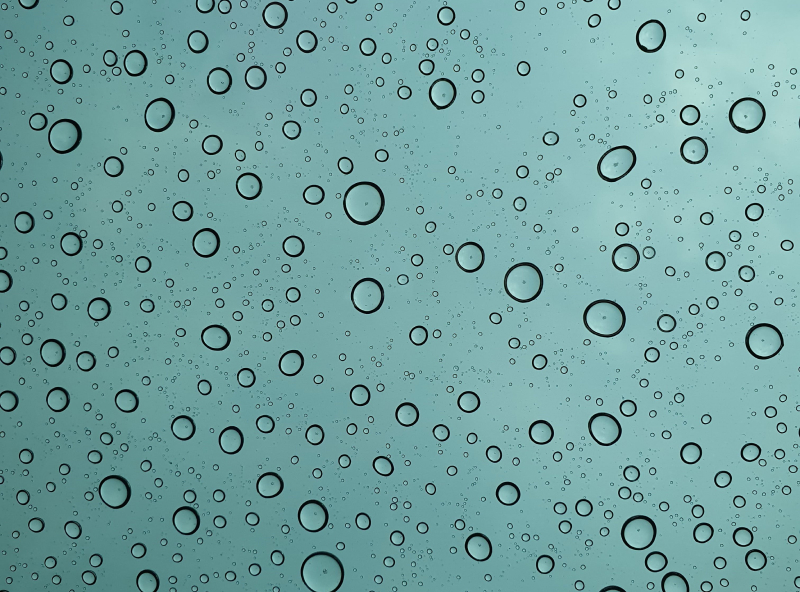






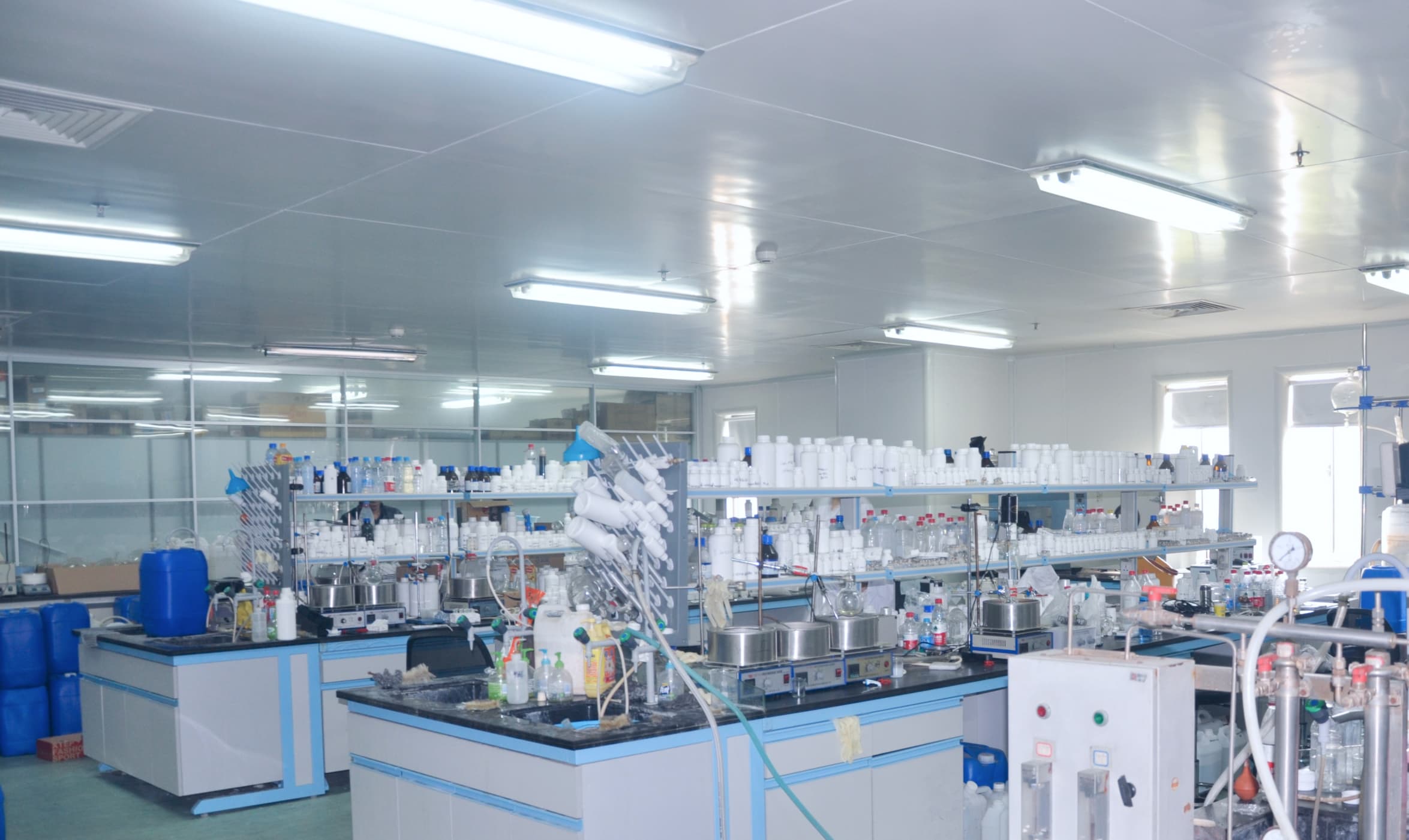


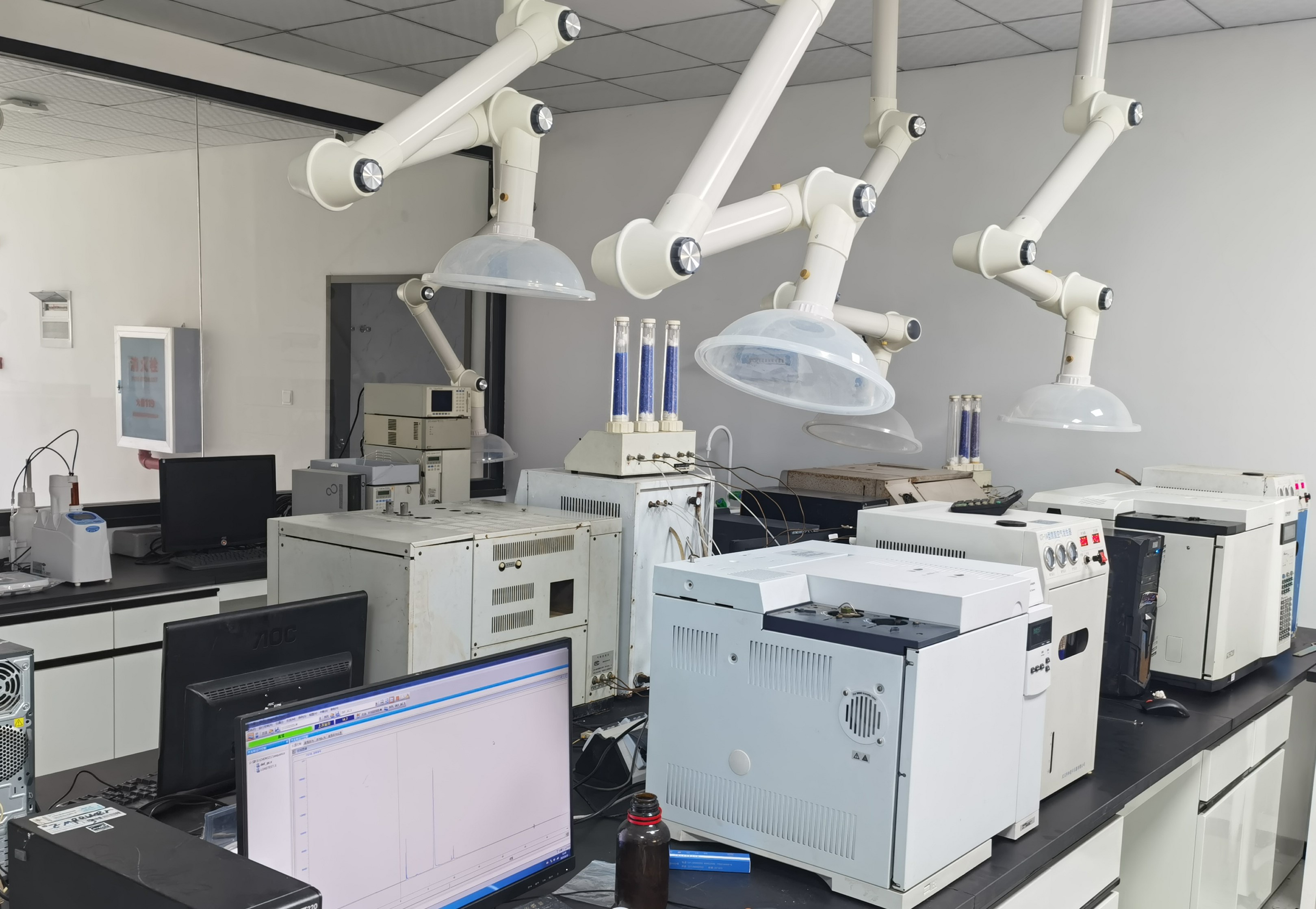
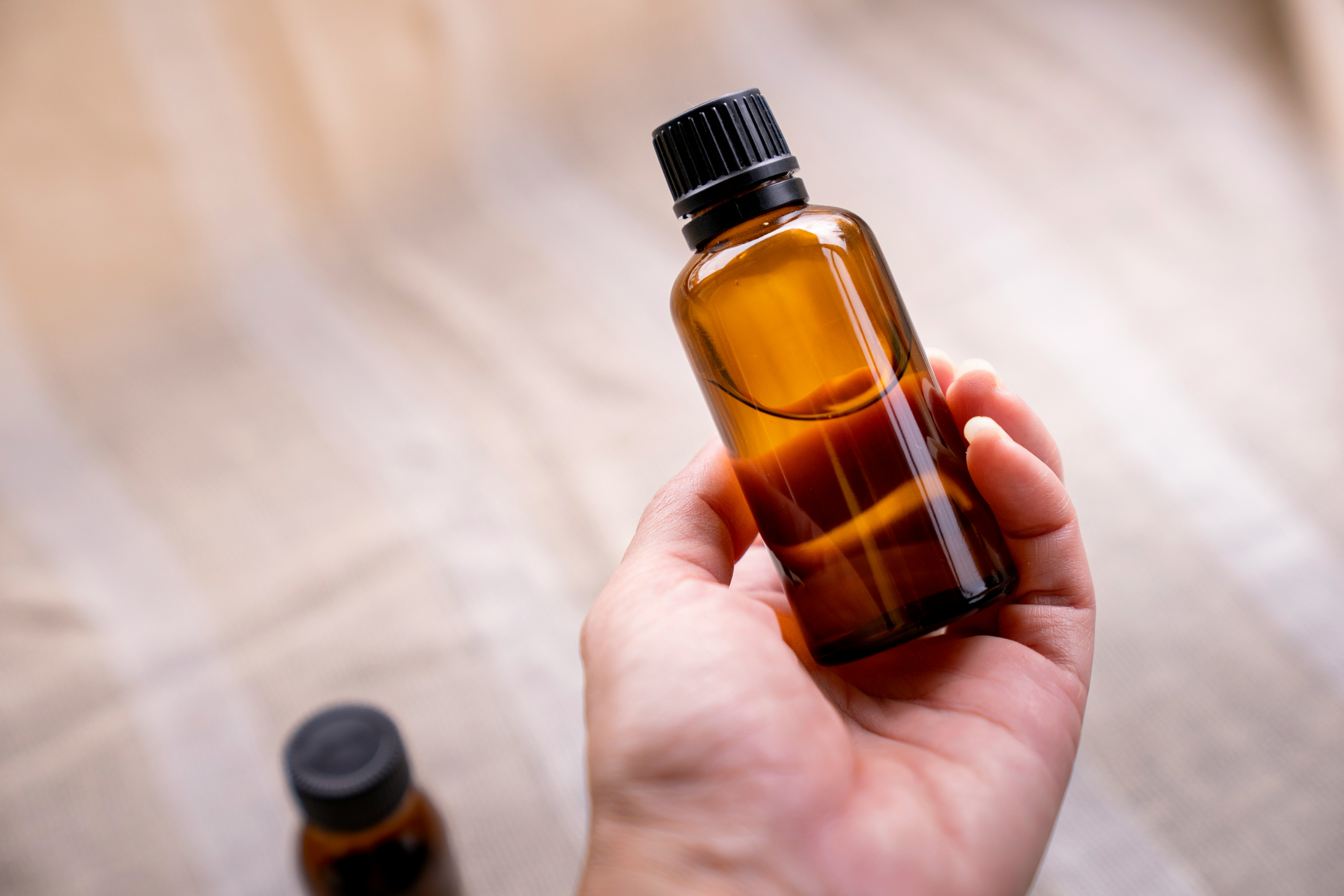
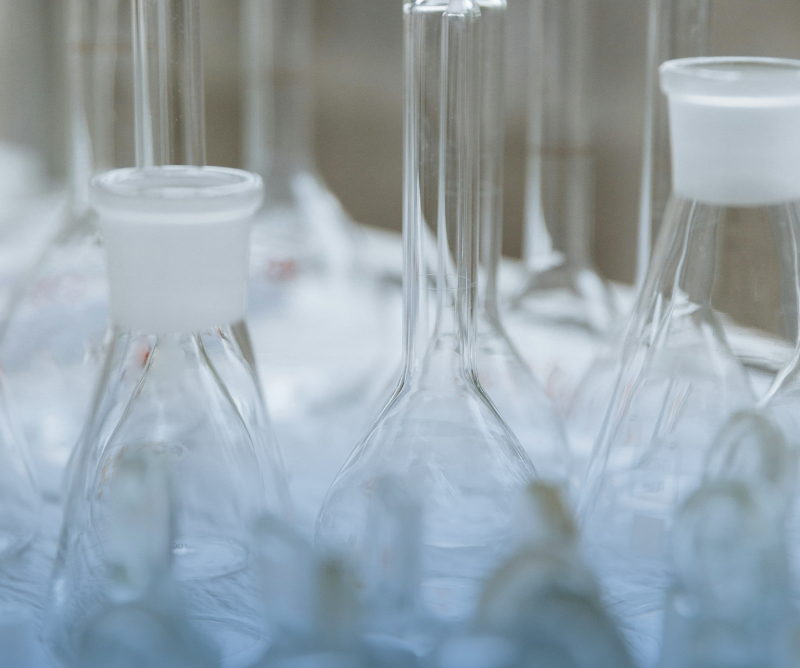

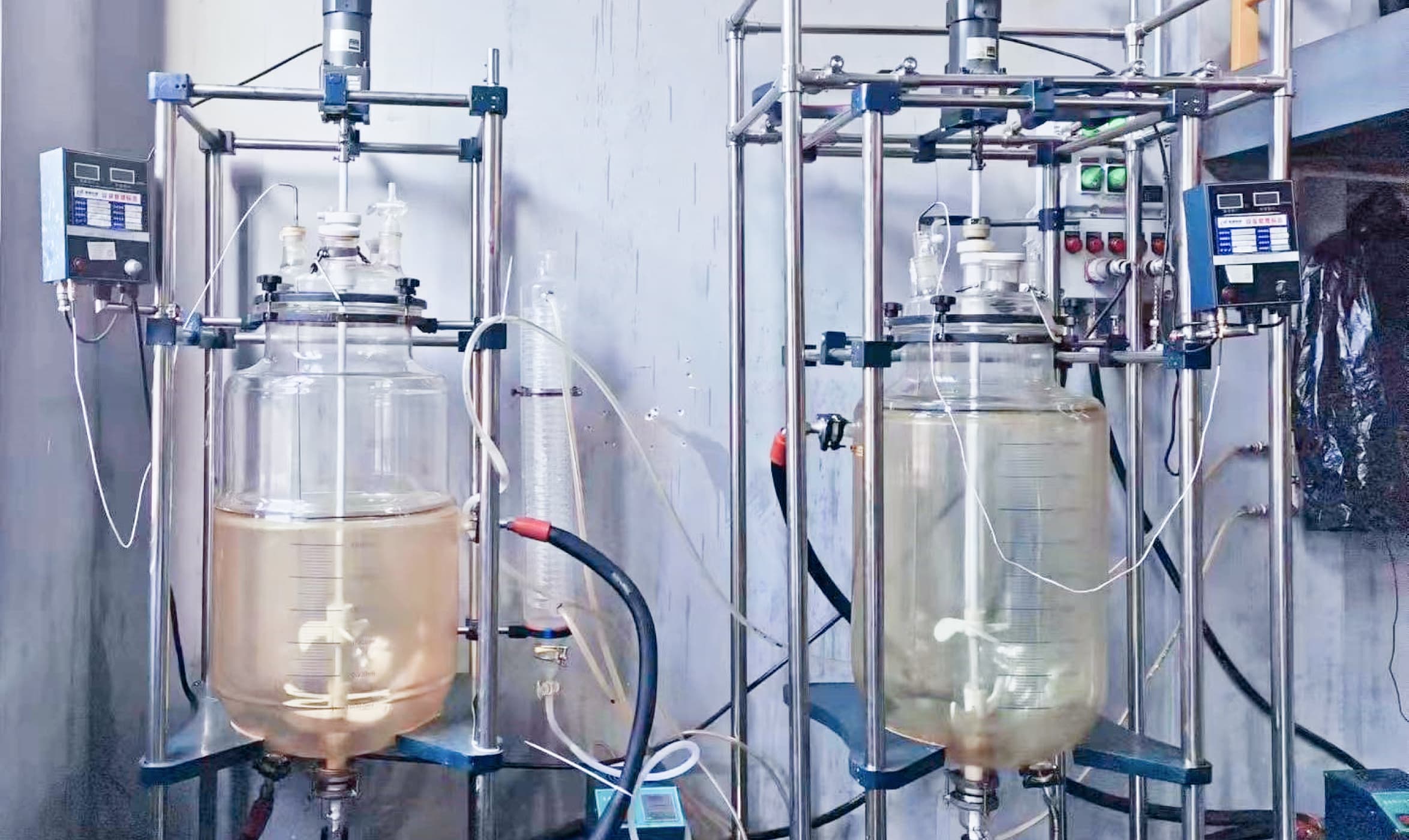
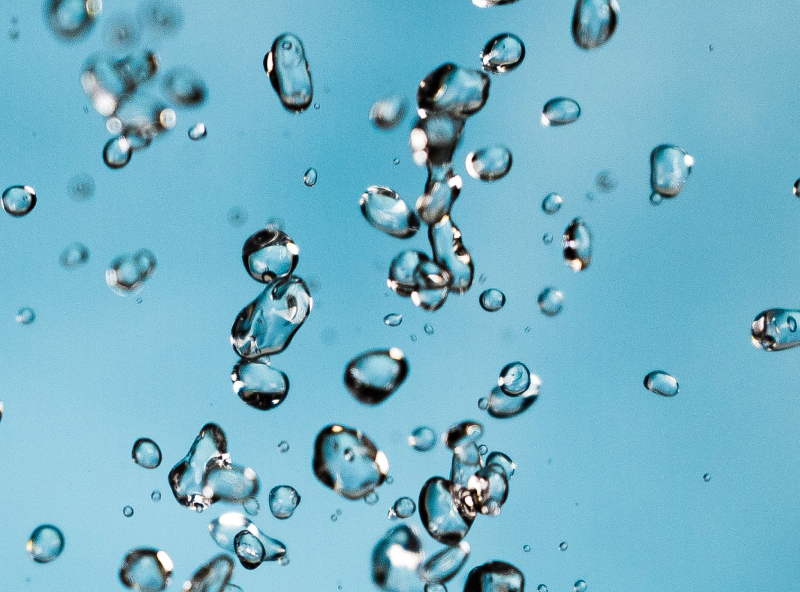

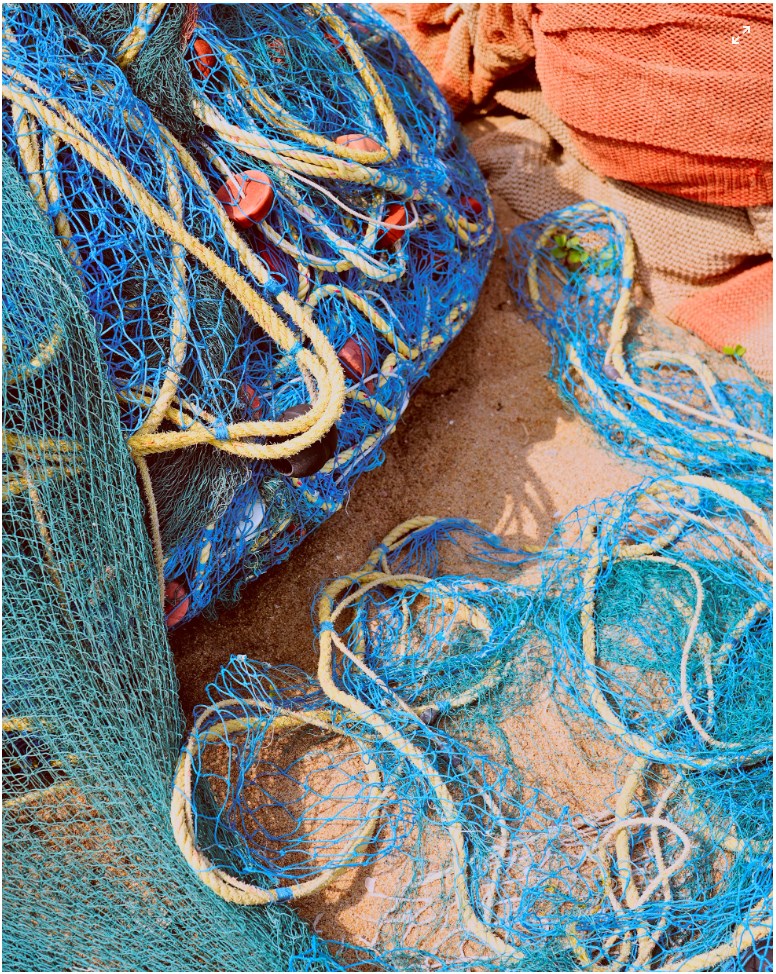
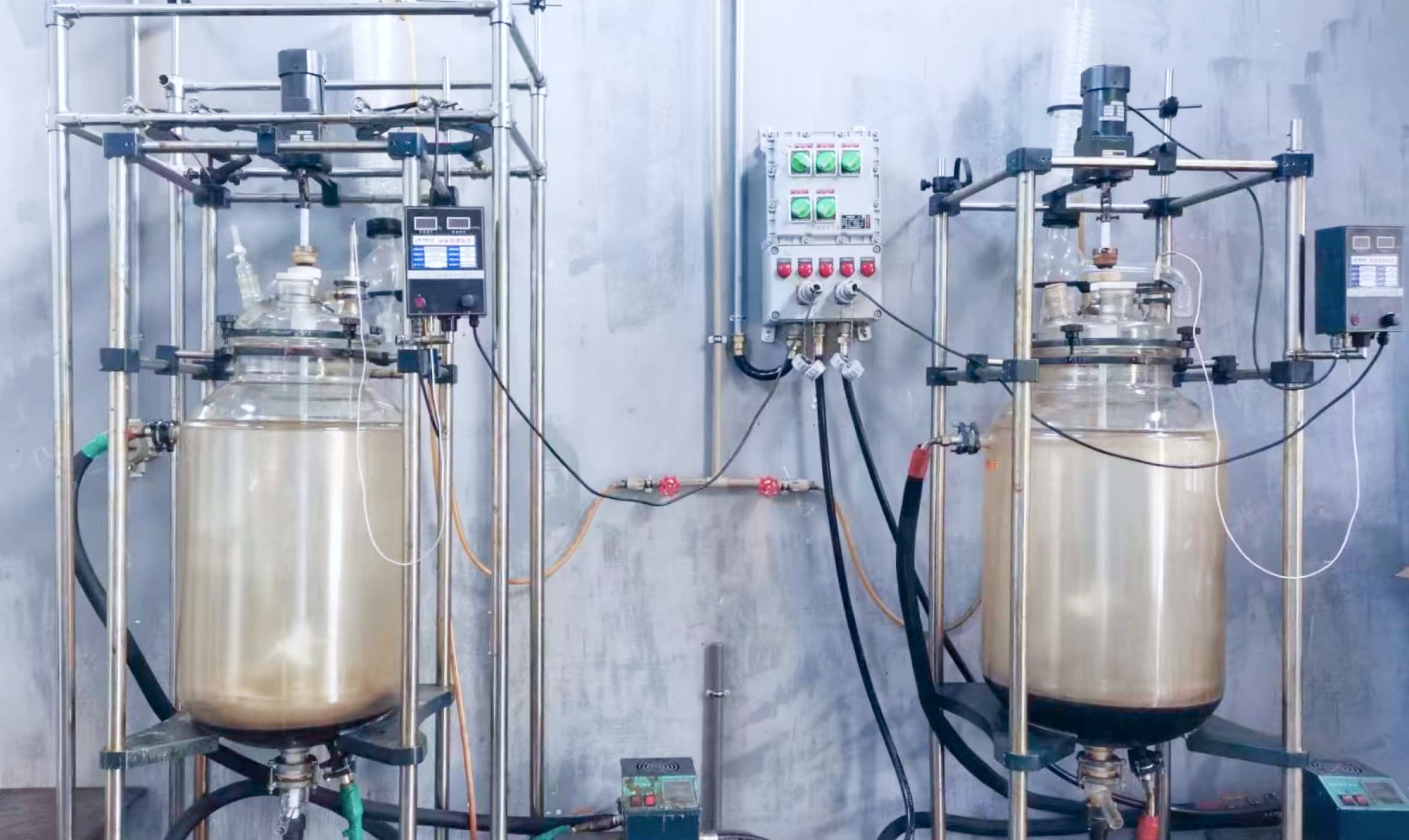
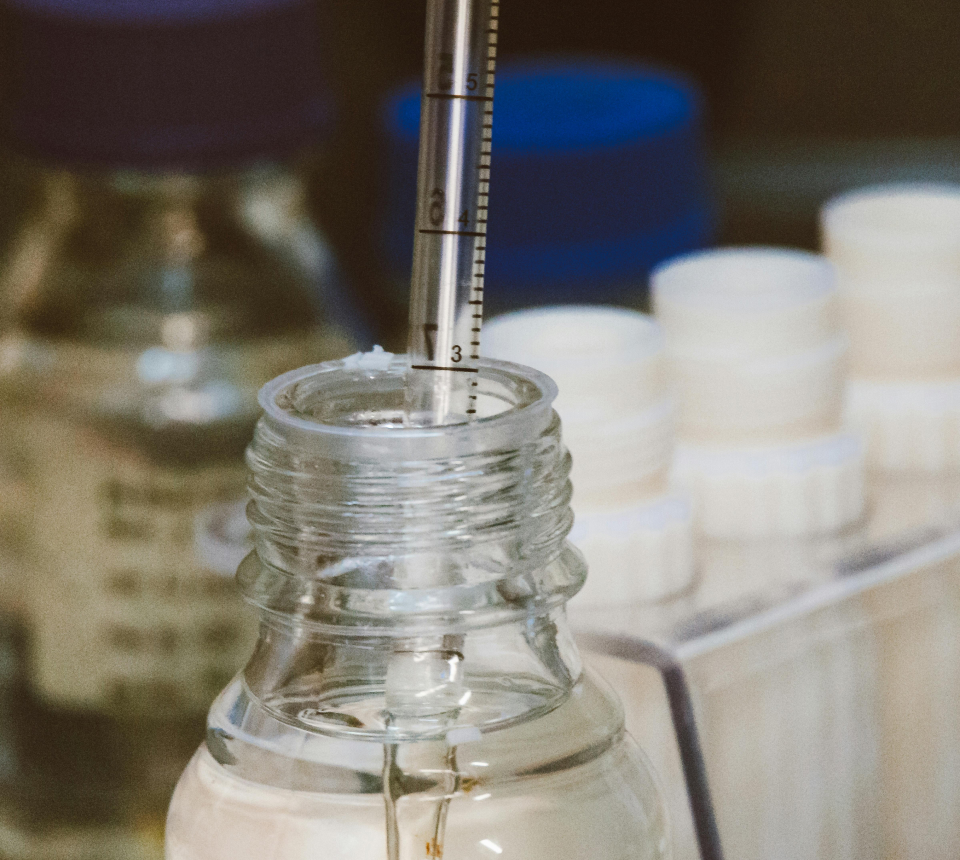





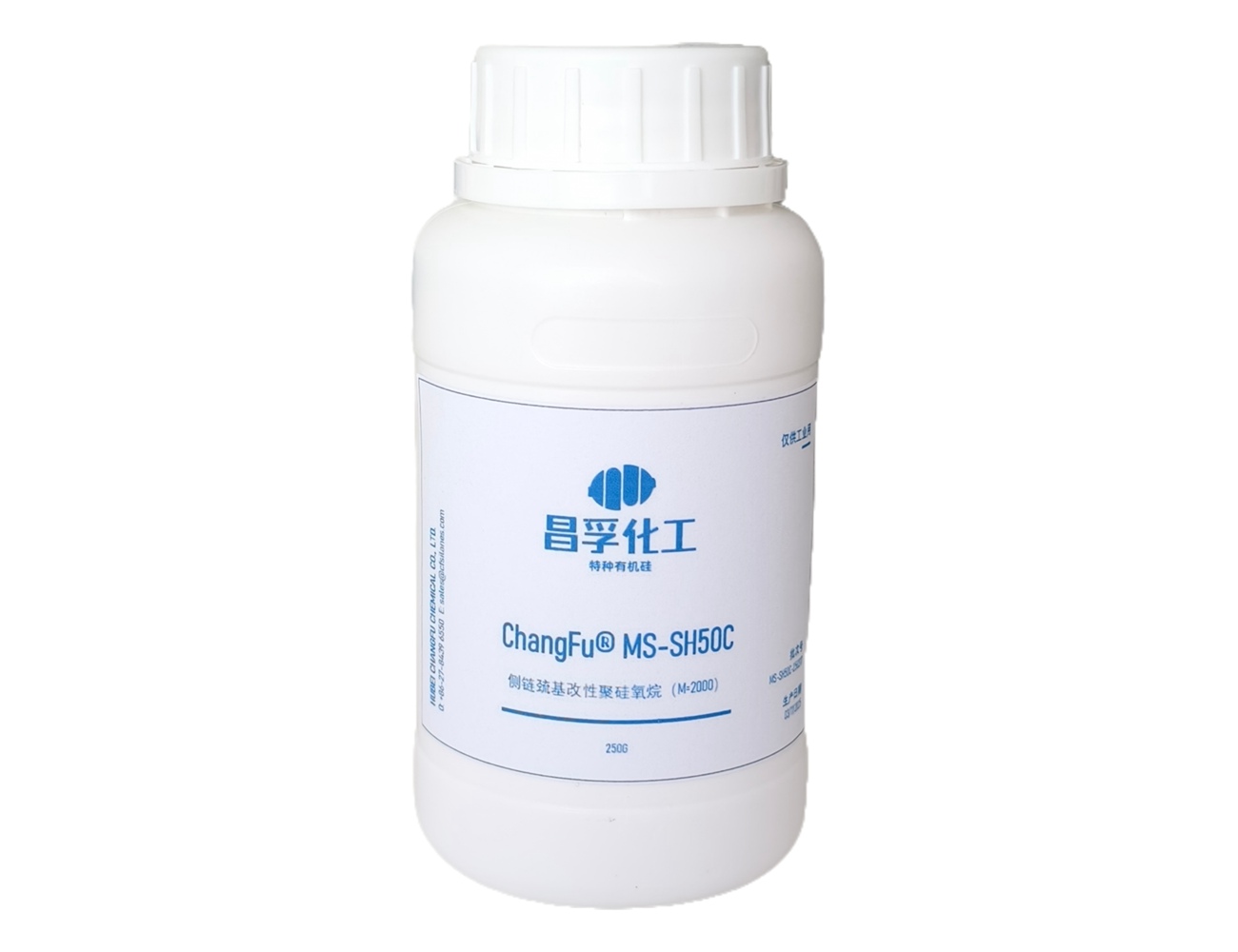



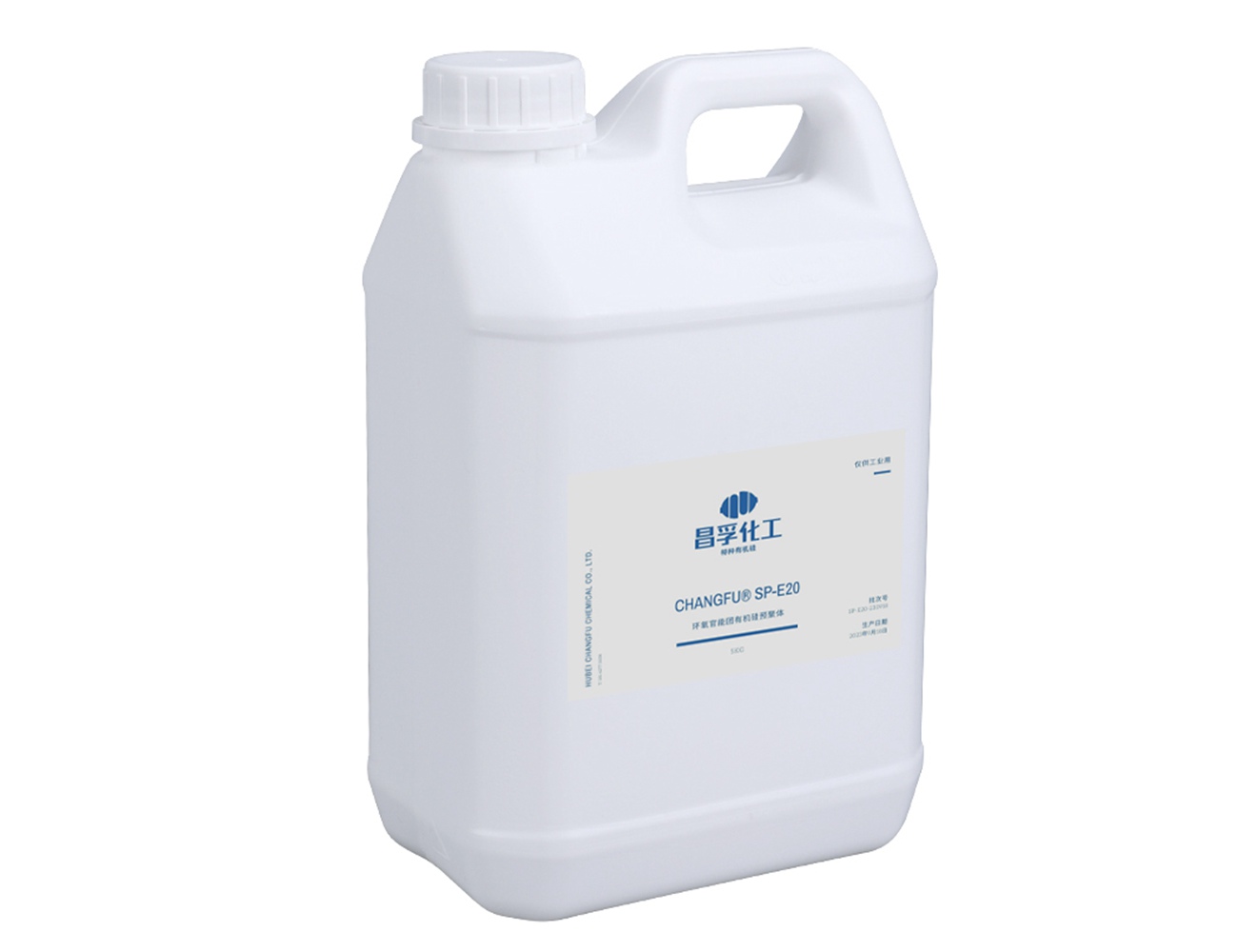
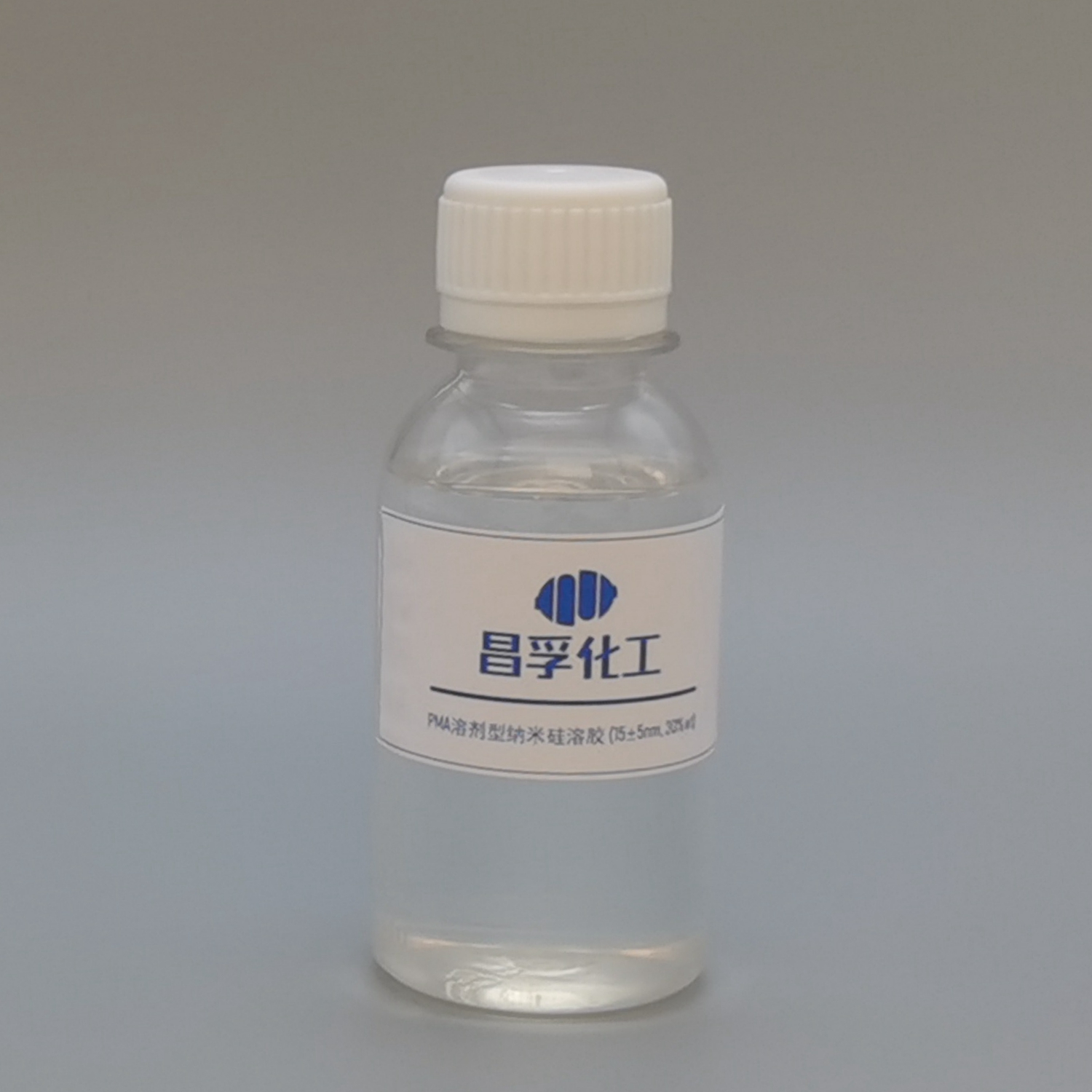
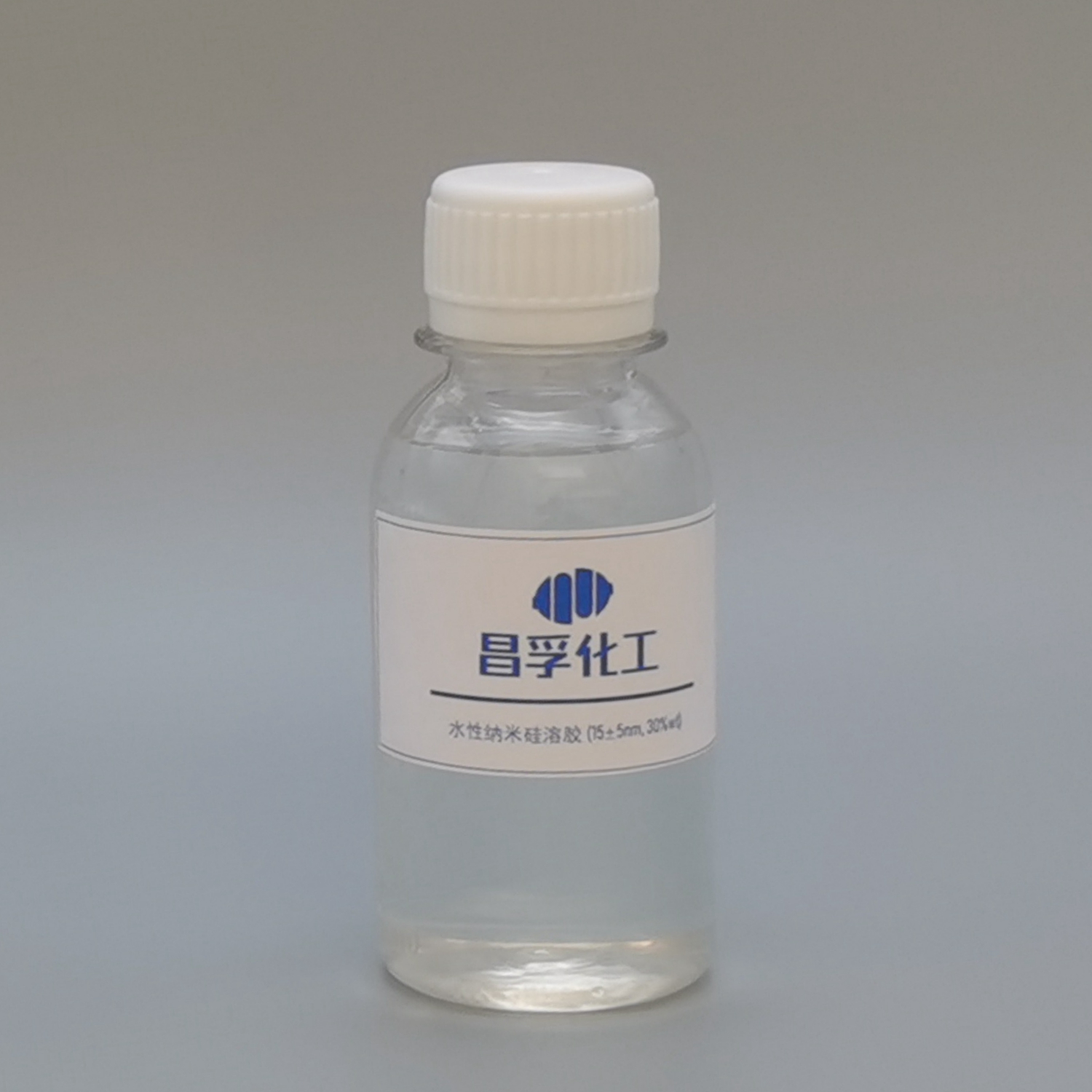

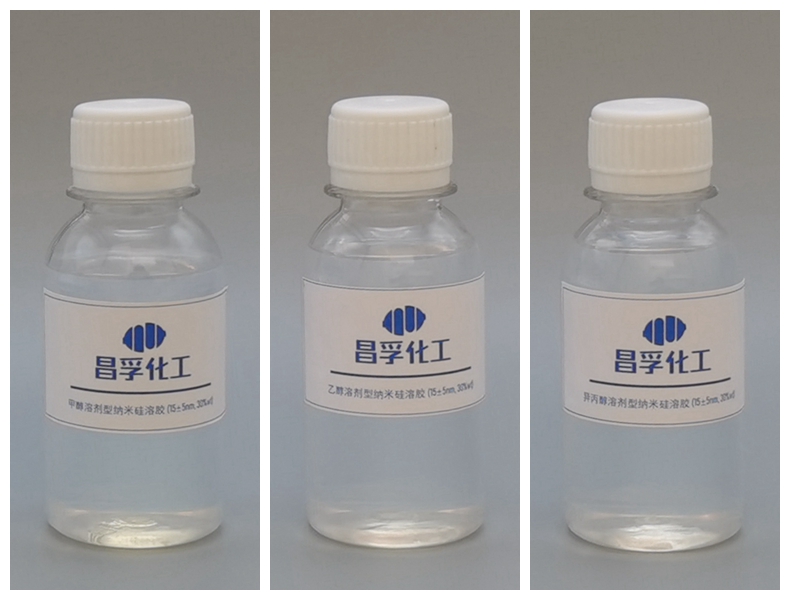
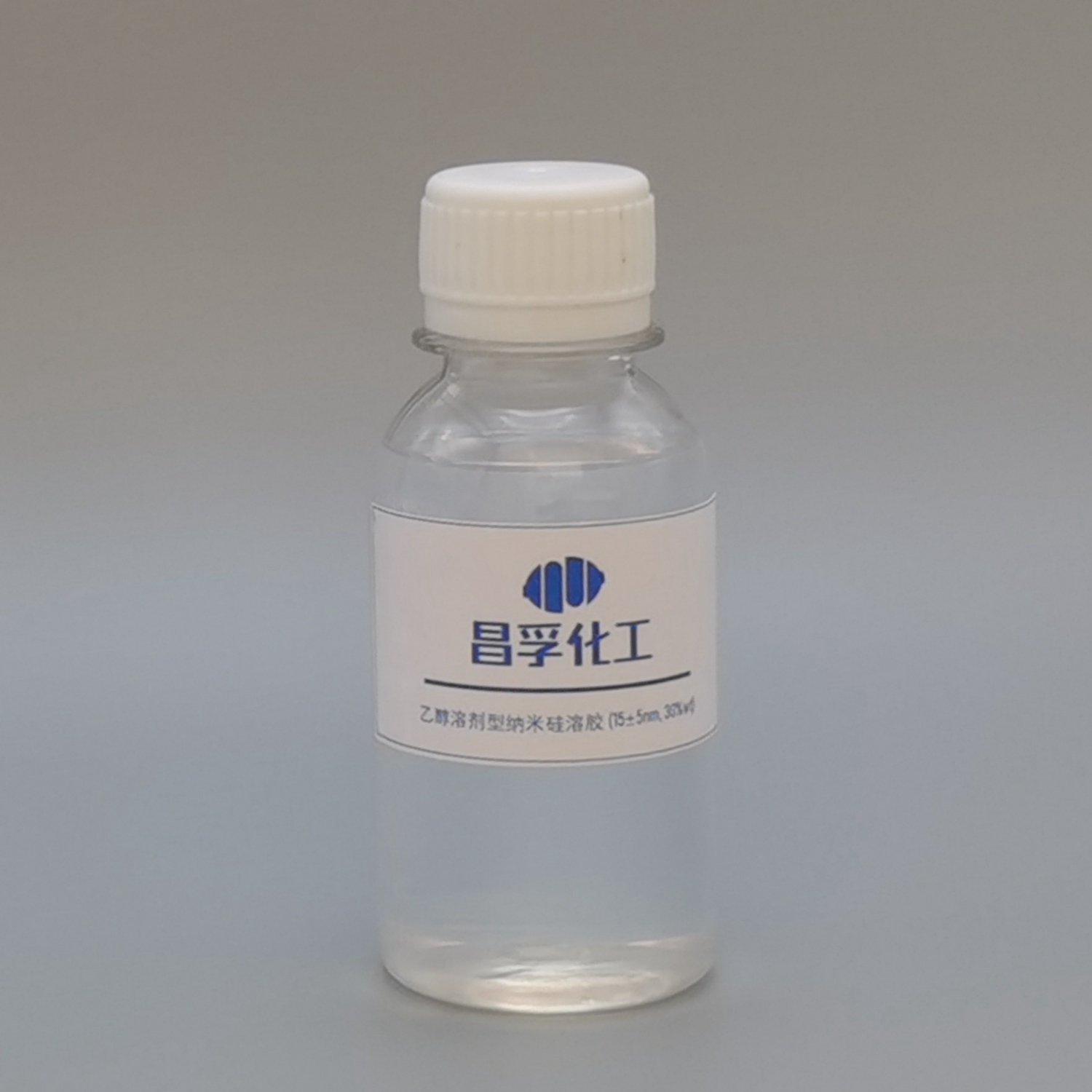
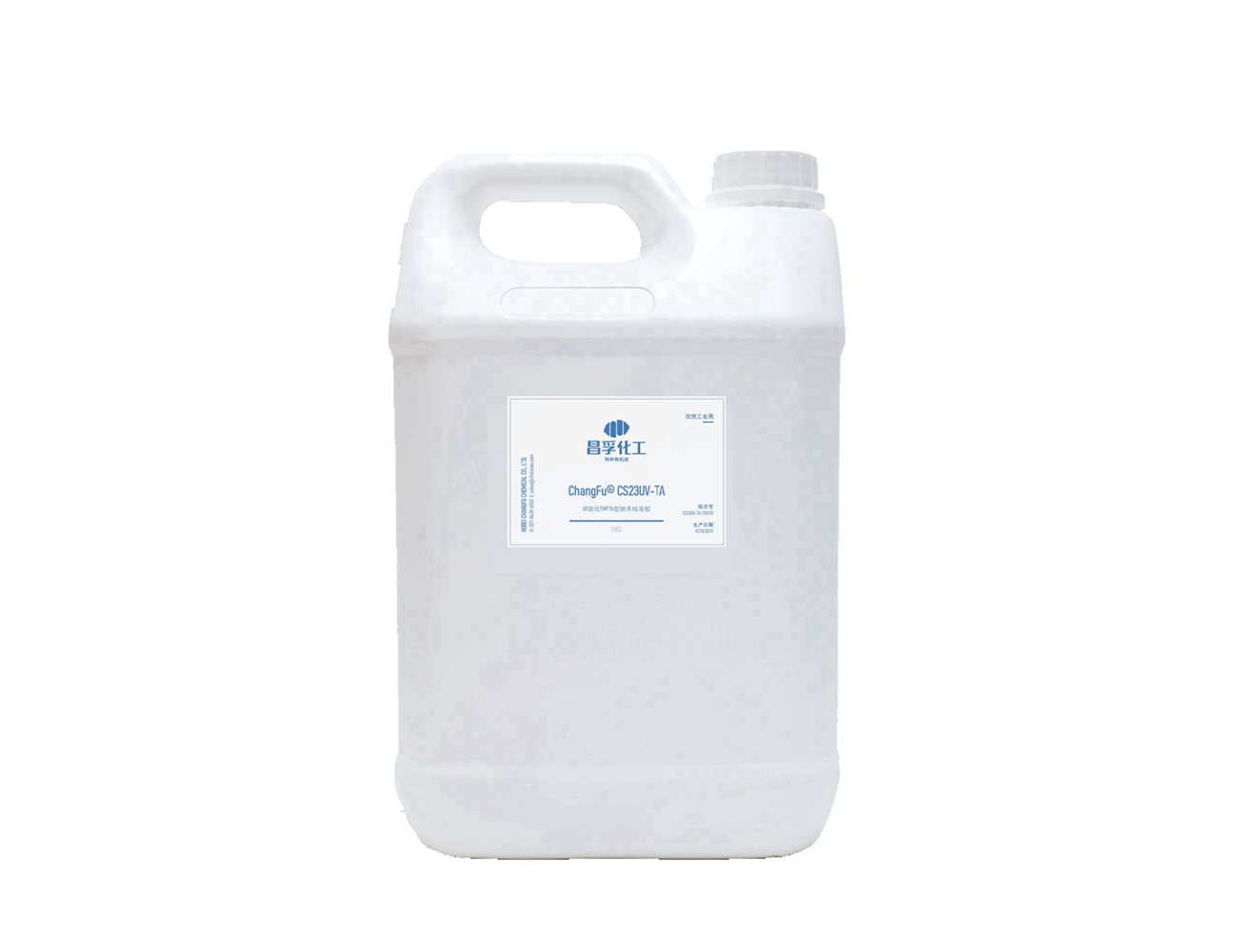
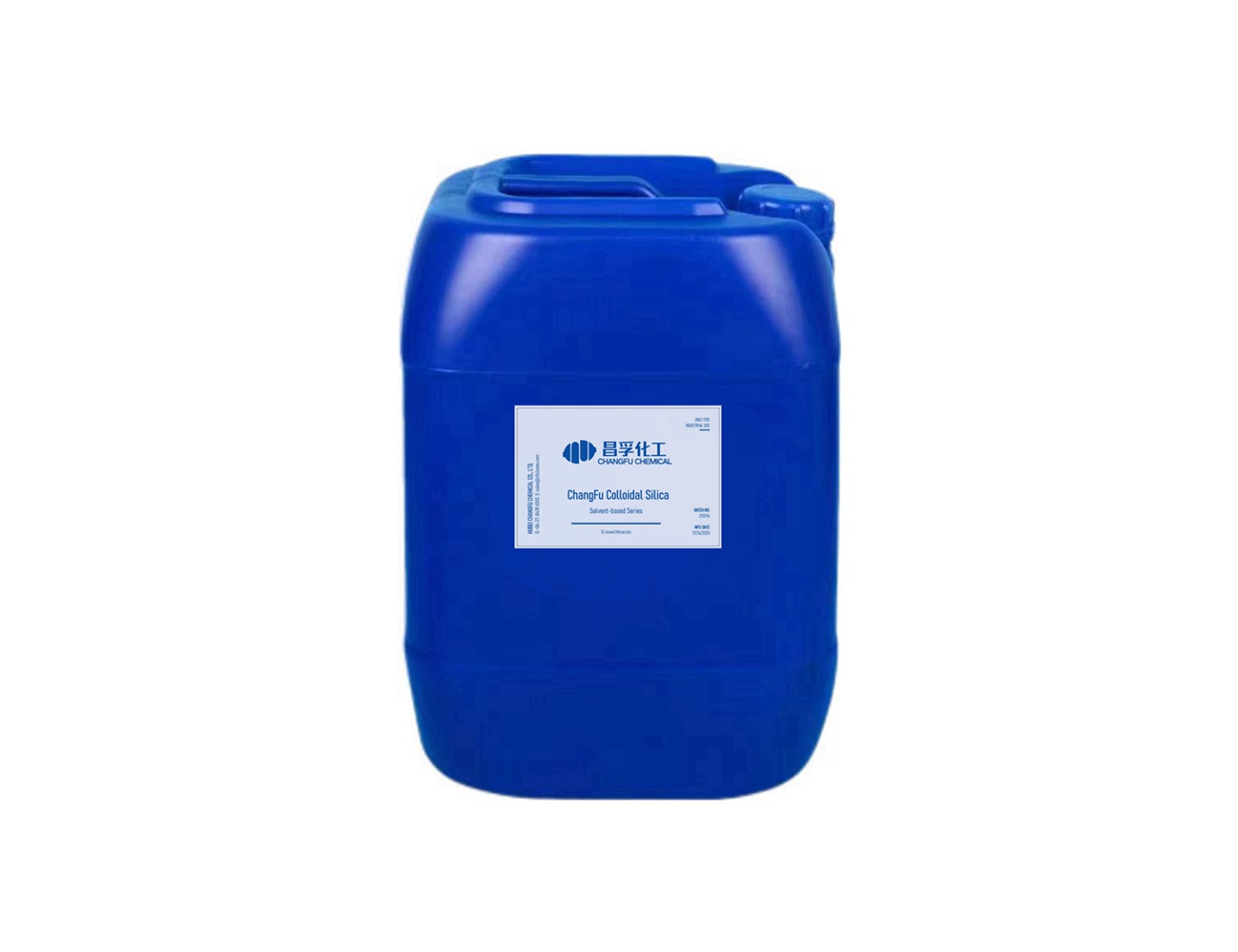


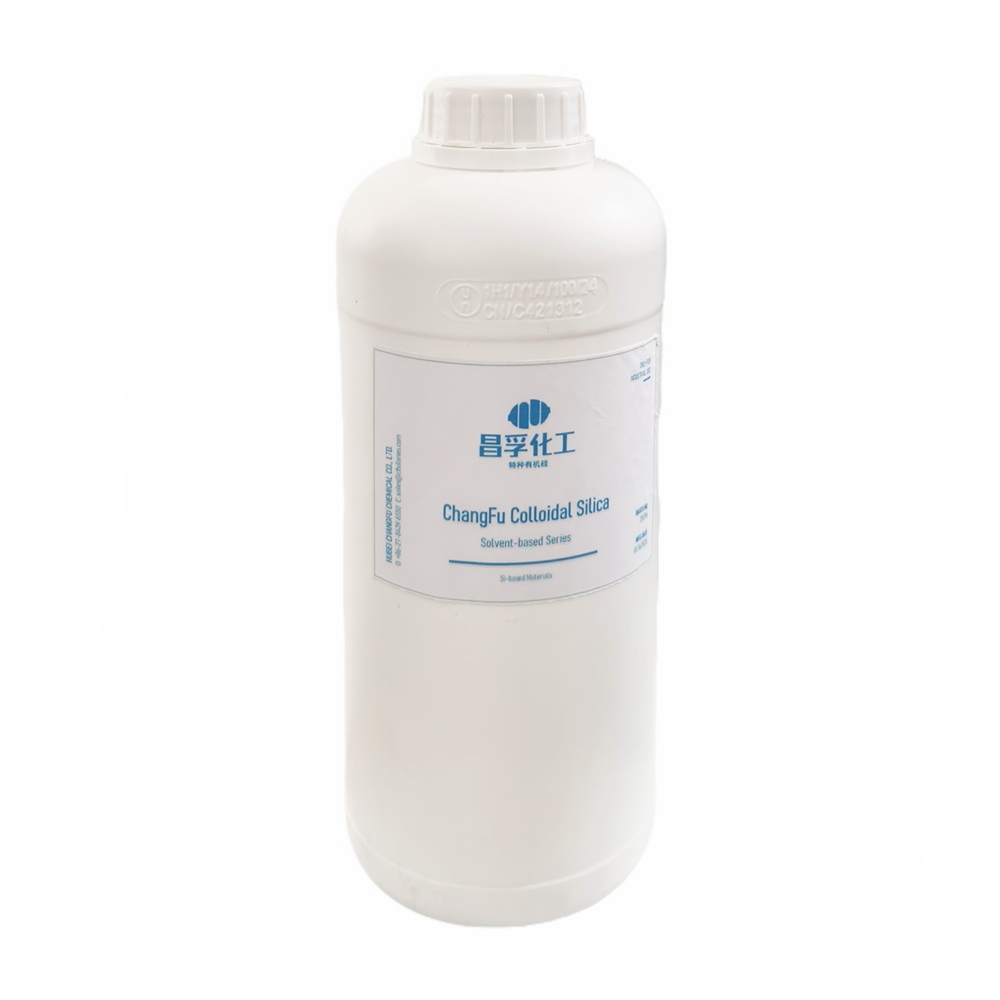


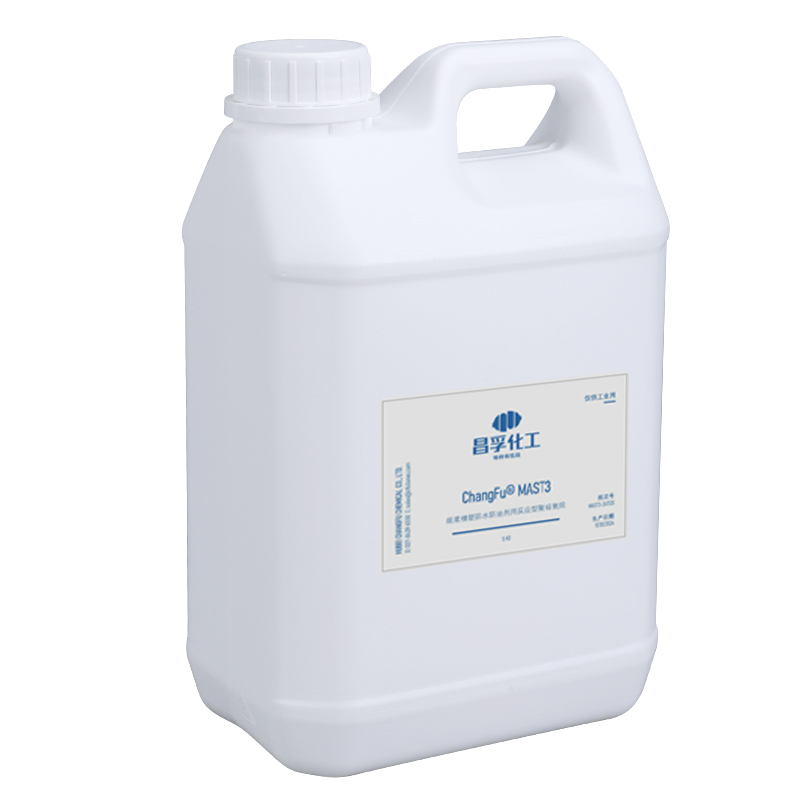












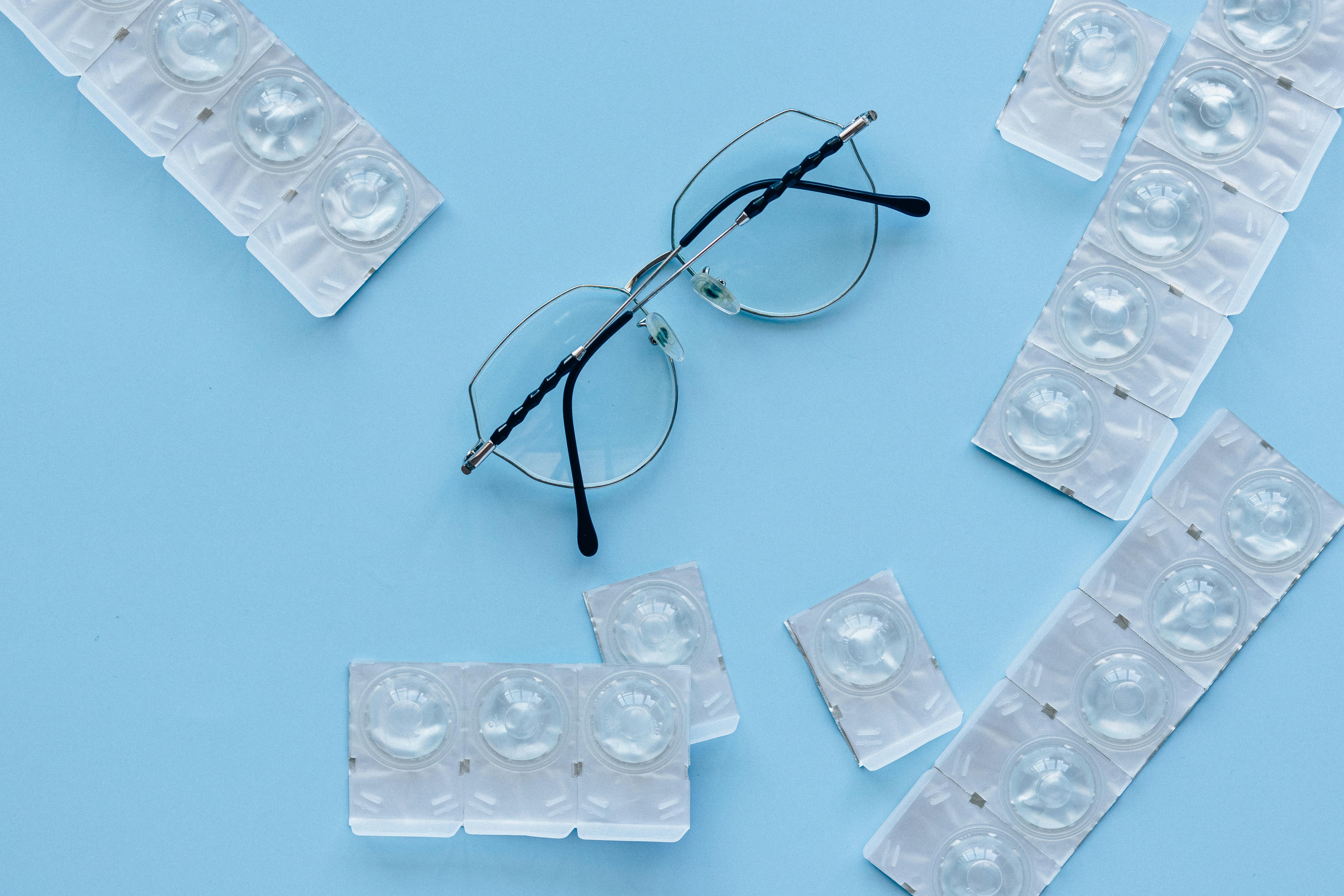
























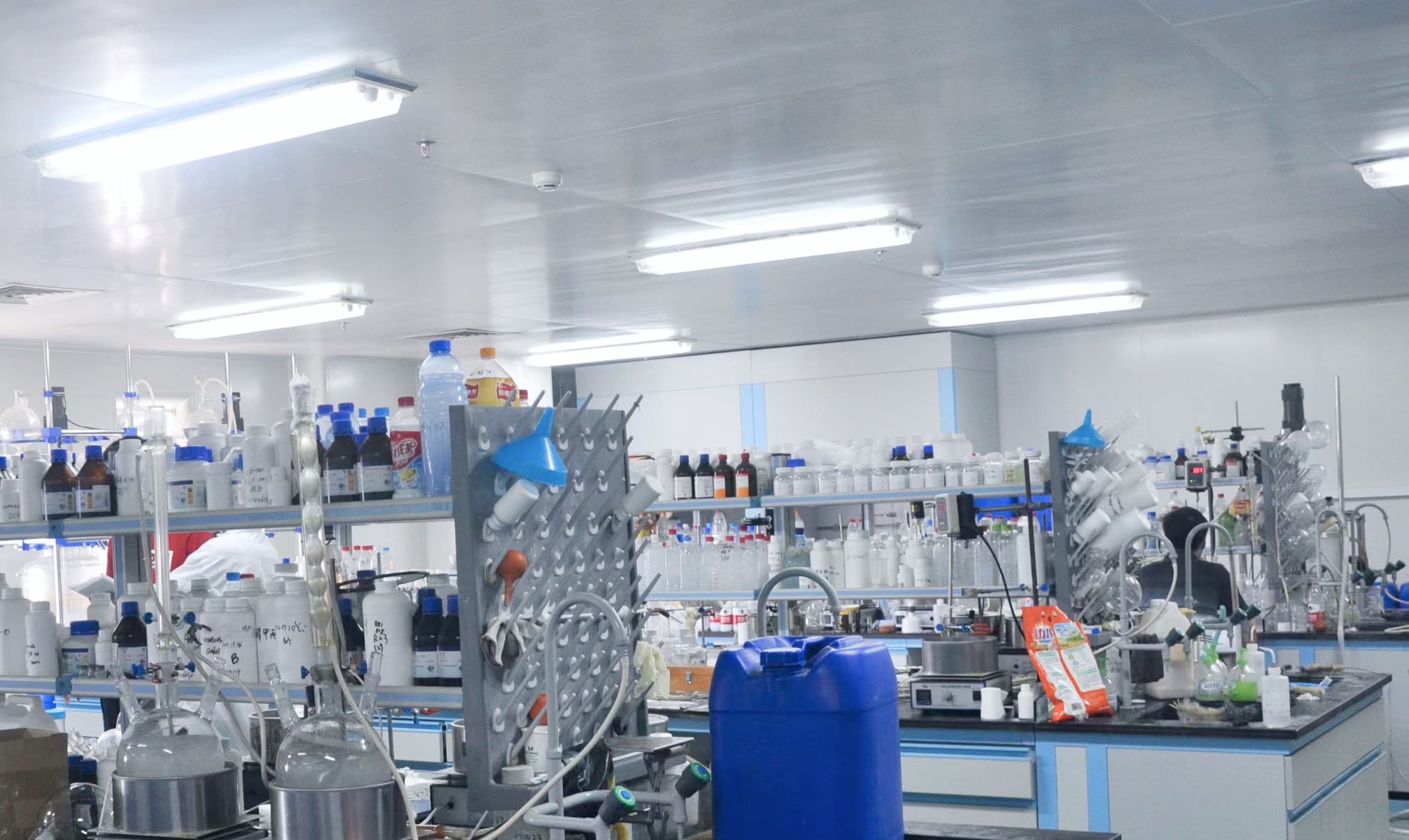

+86 27 8439 6550
+86 181 6277 0058
sales@cfsilanes.com
Optics Valley Bio-City
No. 666, Gaoxin Avenue
Hongshan District, Wuhan City

+86 27 8439 6550 | +86 181 6277 0058
sales@cfsilanes.com
Optics Valley Bio-City
No. 666, Gaoxin Avenue
Hongshan District, Wuhan City
Copyright © Hubei ChangFu Chemical Co., Ltd. All Rights



